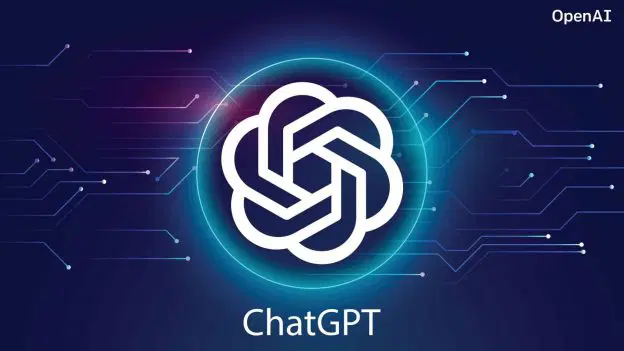By: Angelina Wang
Chat-GPT: an artificial intelligence tool that is changing our lives, our schools, and our jobs in ways we would never have expected. Last November, OpenAI created and released ChatGPT. Many were extremely intrigued by its multiple functions. Chat-GPT is a free all-powerful tool that anyone anywhere can use if they created an account. You can ask it questions and it would give you back an answer within a few short seconds. Students, employers, and teachers, quickly picked up on its usefulness, but as the saying goes: with great power comes great responsibility.
According to Business Insider, the top four jobs that AI and ChatGPT will replace include tech jobs (like coding, computer programming, software engineering, and data analysis), media jobs (in fields like advertising, journalism, and technical writing), legal industry jobs (such as lawyers and legal assistants), and market research analyst jobs. According to CompTIA’s “State of the Tech Workforce” about 8.9 million people work in the U.S. tech industry. Additionally, 27 percent of people in the United States actively use social media for work, and there are 1.4 million lawyers and 134,700 market researchers employed in the country.
Olivia Lipkin, a 25-year-old copywriter in San Francisco, was replaced by ChatGPT this April. Her assignments dwindled over the months, and her managers let her go without explanation. Lipkin was horrified that her managers had started using ChatGPT in her place, claiming it was cheaper than paying a writer even though the quality of its work was lower than what a human could produce
“Whenever people brought up ChatGPT, I felt insecure and anxious that it would replace me,” she said. Now Lipkin has hard evidence that this was true. She even has second thoughts about returning to office work altogether, since her previous job burned her out and made it “hard to write for herself.” Recently, she’s started working as a dog walker..
But Chat-GPT hasn’t only affected the market. It has also strongly impacted the students’ futures.
In English class, students have always meticulously found myriad ways to cheat on assignments. CliffsNotes, founded way back in the 1950s, has helped students find a way around doing the hard work of learning, while YouTube offers plot summaries and literary analysis of the novels assigned in classes. However, there was always one task that was inescapable: writing.
Chat-GPT may change this, as it provides students with the very best shortcut to spending hard work and time on writing an assignment. ChatGPT is able to generate sophisticated text in response to any prompt you can imagine.
Daniel Herman, who has worked as an English teacher for 12 years, is astounded by what Chat GPT can produce.
“Maybe the moment when I felt most caught…was when I asked GPT a question from an exam…something I’ve never imagined a student could find outside assistance to answer: ‘Explain the Madhyamaka Buddhist idea that all phenomena lack inherent existence, using a funny, specific example.’” To his surprise, ChatGPT wrote back instantly with a perfect response. Now, he’s troubled by the future consequences of this AI: Will his job be lost to AI forever?
Studies show ChatGPT cheating is on the rise among students — young and old — as teachers remain divided on bans. According to Business Insider, “Over one in four teachers in a recent Study.com survey say they have caught students cheating by using ChatGPT!”











